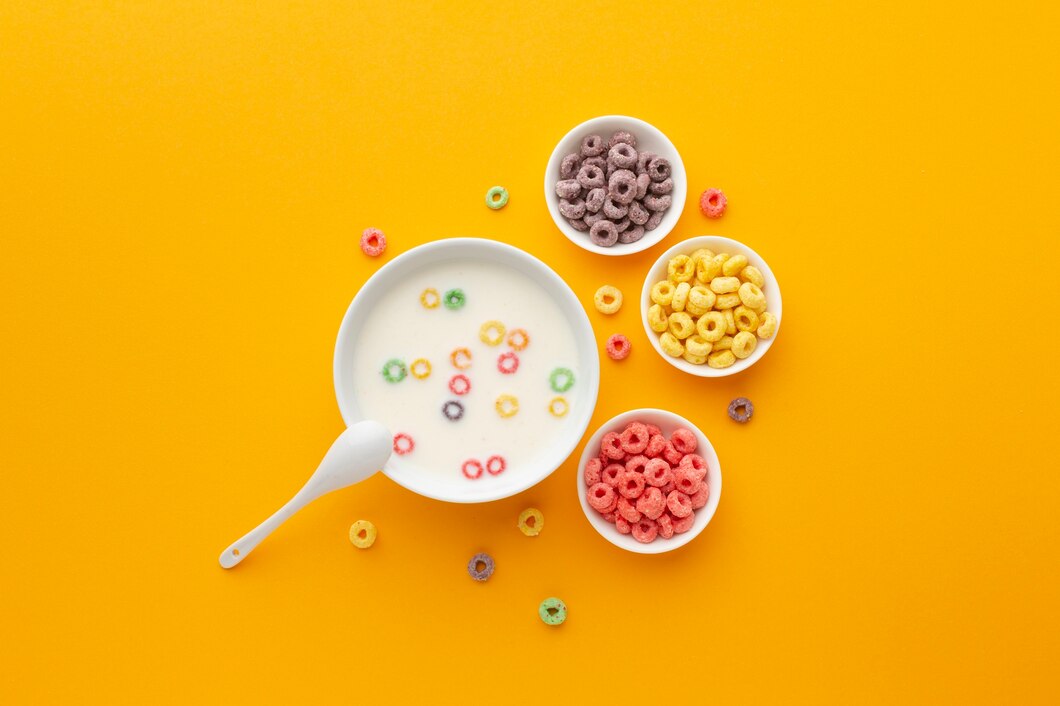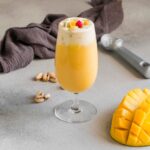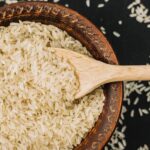Adopting a cleaner diet is essential for maintaining overall health, managing weight, and reducing the risk of chronic diseases. For South Africans, this often means cutting back on certain foods that are high in unhealthy fats, sugars, and artificial ingredients. Here are 20 foods to avoid if you want to clean up your diet.
1. Processed Meats
Biltong, boerewors, and other processed meats are popular in South Africa, but they are often high in sodium, saturated fats, and preservatives. Regular consumption has been linked to an increased risk of heart disease and cancer.
2. Deep-Fried Foods
Deep-fried items like vetkoek, slap chips, and fried fish are staples in South African cuisine. However, these foods are high in unhealthy trans fats, which can raise cholesterol levels and contribute to heart disease.
3. Sugary Soft Drinks
South Africans are among the highest consumers of sugary beverages like cola and ginger beer. These drinks are loaded with sugar and provide empty calories, contributing to obesity, diabetes, and tooth decay.
4. White Bread
White bread, including South Africa’s famous “government loaf,” is made from refined flour, which lacks fiber and essential nutrients. It can cause spikes in blood sugar levels and doesn’t provide lasting energy.
5. Margarine
Margarine is often seen as a healthier alternative to butter, but it can contain trans fats and artificial additives. Opt for natural fats like avocado or olive oil instead.
6. Pre-Packaged Snacks
Chips, biscuits, and other pre-packaged snacks are convenient but are usually high in sodium, unhealthy fats, and artificial flavors. These snacks contribute to weight gain and poor heart health.
7. Instant Noodles
Popular among students and those on a budget, instant noodles are high in sodium, preservatives, and unhealthy fats. They lack essential nutrients and do little to keep you full.
8. Sweetened Breakfast Cereals
Many breakfast cereals marketed to children and adults alike are packed with sugar and artificial colors. They may cause a rapid rise in blood sugar, leading to energy crashes later in the day.
9. Canned Foods in Syrup
Canned fruits in syrup are often loaded with added sugars. Opt for fresh or frozen fruits instead, which retain their natural sweetness without the added calories.
10. Flavored Yogurts
Flavored yogurts might seem healthy, but they often contain high amounts of sugar and artificial flavorings. Choose plain, unsweetened yogurt and add fresh fruit or honey for sweetness.
11. Energy Drinks
Energy drinks like Red Bull and Monster are popular for a quick energy boost but are packed with caffeine, sugar, and artificial stimulants, which can lead to heart problems and energy crashes.
12. High-Sugar Desserts
South African favorites like melktert, koeksisters, and malva pudding are delicious but loaded with sugar and refined flour. Consuming these desserts regularly can lead to weight gain and increased risk of diabetes.
13. Fast Food
Popular fast-food chains serve burgers, fries, and fried chicken, which are high in unhealthy fats, sodium, and calories. Regular consumption is linked to obesity, heart disease, and diabetes.
14. Processed Cheese
Cheese spreads and processed cheeses are common in South African households but are often high in sodium and contain artificial ingredients. Choose natural, unprocessed cheeses in moderation instead.
15. Sweetened Condensed Milk
Used in many South African desserts and beverages, sweetened condensed milk is high in sugar and calories. It’s best to limit its use or opt for unsweetened alternatives.
16. Artificially Sweetened Foods
Foods and drinks labeled as “sugar-free” or “diet” often contain artificial sweeteners like aspartame, which can have negative effects on metabolism and may increase sugar cravings.
17. Frozen Dinners
Convenience meals like frozen dinners are often high in sodium, unhealthy fats, and preservatives. Preparing fresh meals at home allows for better control over ingredients and nutritional value.
18. Canned Meats
Canned meats like corned beef and bully beef are popular in South Africa, especially in rural areas. However, they are high in sodium, preservatives, and unhealthy fats.
19. Commercial Fruit Juices
While fruit juice may seem healthy, many commercial brands add sugar or high-fructose corn syrup, stripping away the benefits of the fruit and leaving behind high-calorie, sugary drinks.
20. High-Fat Dairy Products
Full-fat dairy products like cream, butter, and cheese are common in South African diets but can be high in saturated fats. Excessive consumption can lead to increased cholesterol levels and heart disease risk. Consider low-fat or plant-based alternatives when possible.
Cleaning up your diet doesn’t mean you have to give up all your favorite foods, but it does require making smarter choices. By reducing or eliminating these 20 foods, South Africans can take significant steps towards a healthier, more balanced diet. Opt for fresh, whole foods, and remember that moderation is key to long-term health and wellness.








